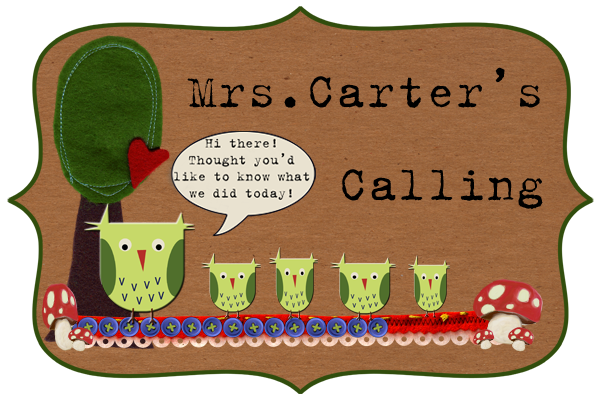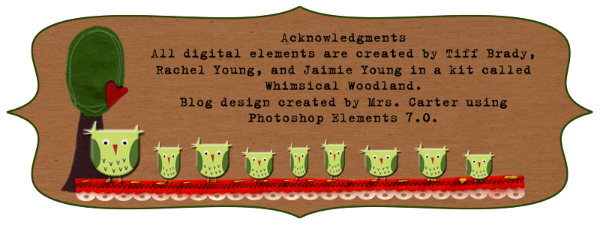"To support the development of friendships in your child’s life, try some of these techniques:
***Offer a variety of opportunities for play and socializing. Host friends over for play dates or lunch. See if you can participate in a carpool and sign-up your child for group activities such as art, drama or dance. Exposing him to different areas of play will help him learn to socialize. “Giving children lots of unstructured time to play is important because they learn the social skills they need so they can keep playing and have fun,” says Salin. Additionally, you can include your child when talking to people out of his normal range of peers. Take him to visit a neighbor, or bring him along to the dry cleaner. The more he is exposed to interacting with all kinds of people, the more he will learn to do the same.
***Provide support to your child. This may seem easy, but how often do you really listen to your child? Pick up on her social cues by listening to what she says happened on the playground. Support your child’s choice of friends and welcome them to your home. Try getting to know her friends and their parents.
***Stay balanced when things are hard. Go ahead and empathize with your child’s pain, but keep it in perspective. Making friends is a lifelong process and will of course have its ups and downs. Pain, unfortunately, is a part of it. According to Salin, “all children will experience some form of ‘normal’ social pain in their friendships. We can support them by listening and acknowledging their feelings.” Talk about your concerns with other adults who can support you -- such as a coach, teacher, friend, or family member. You never want to share your anxiety with your child, so find someone who can help offer insight about your child or consult with professionals.
***Perhaps most importantly, you need to show your child how to be a good friend and make friends. The best way is to model the behavior you would like to see. According to Boys Town Pediatrics, there are several ways you can accomplish this at home:
***Help your child realize his own strengths.
***Have a sense of humor about yourself and your shortcomings.
***Listen to your child without criticism.
***Be kind, give compliments, wave to a friend, open the door for someone.
***Be understanding of what others are going through by showing empathy.
***Don’t complain. Instead, teach your children to accept what can't be changed by working hard to change the things that can.
***Learning to build friendships is one of the ways children develop into well-rounded, emotionally healthy human beings. “I’ve worked with many adults who have achieved tremendous success in terms of college, career, money, etc. and yet they are sad and empty because they have great difficulty in their relationships,” says Salin. By giving your child the skills he needs to be confident and compassionate, you increase the likelihood that friends will eagerly come into his life. And friends will give his life a richness and happiness he will always treasure."










No comments:
Post a Comment
I love your comments and welcome them!
Feel free to communicate any ideas here!